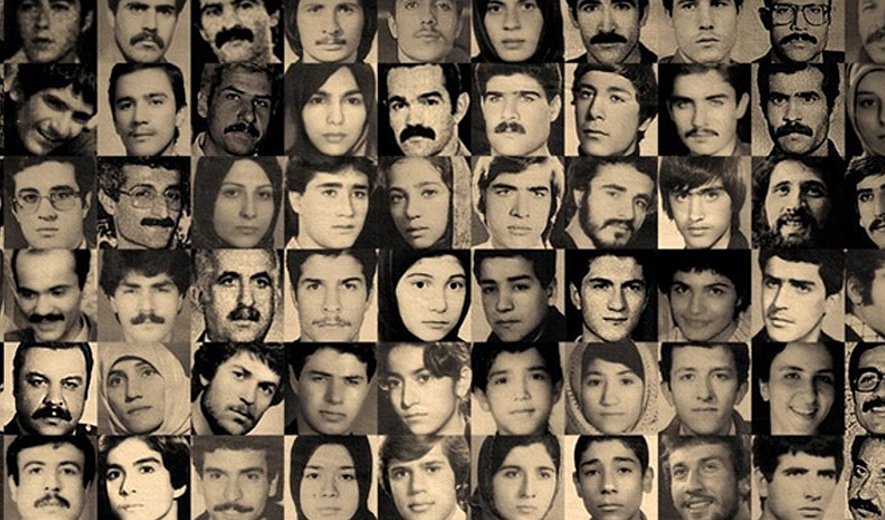Iran Human Rights Welcomes Life Sentence for Hamid Noury over 1988 Mass Executions

Iran Human Rights (IHRNGO); July 14, 2022: A Swedish court has sentenced Hamid Noury, a former IRGC member and assistant to the deputy prosecutor at Gohardasht Prison during the 1988 mass execution of political prisoners, to life imprisonment.
Hamid Noury was found guilty of "criminal and flagrant violation of international laws and intentional murder.” This is the first time that any Iranian official has been held accountable for the 1988 mass execution.
Welcoming the judgement holding an Iranian official accountable, Iran Human Rights calls on the international community to immediately arrest and prosecute any perpetrators that enter their jurisdiction.
Iran Human Rights Director, Mahmood Amiry-Moghaddam said: “The judgement in the Hamid Noury case is a turning point for the justice movement because it’s the first time that the Islamic Republic’s crimes have been recognised by an independent court with international standards. It’s not just a sentence against Hamid Noury but a condemnation of the Islamic Republic and its leaders.”
“The international community and European countries in particular, should remember that Iran’s current President, Ebrahim Raeisi was Hamid Noury’s superior and one of the main members of the death committees in the 1988 mass executions. He must also be arrested upon entering any country with an independent judiciary,” he added.
Hamid Noury is an Iranian citizen who was arrested in Arlanda Airport after landing on a Schengen visa on 9 November 2019. Swedish prosecutors arrested him under the principle of universal jurisdiction which allows a country’s judiciary to prosecute crimes against international law regardless of where they were committed and the nationality of the victims.
Hamid Noury, with the alias Hamid Abbasi was found guilty of committing took place in the summer of 1988 when thousands of political prisoners were executed on the orders of the founder and then Supreme Leader of the Islamic Republic of Iran, Ruhollah Khomieini, within around two months.
Hamid Noury’s conviction recognises the victims’ narrative and the crimes committed by the Islamic Republic officials. It was made possible by the the efforts of the Iranian justice movement and all the people who played a role in the arrest of Hamid Noury, gave testimonies and cooperated closely with the Swedish judicial system.

